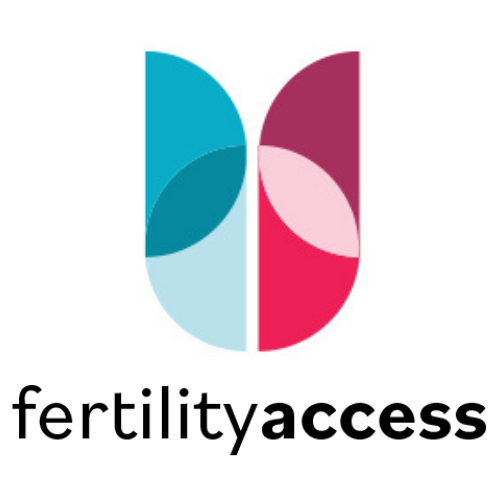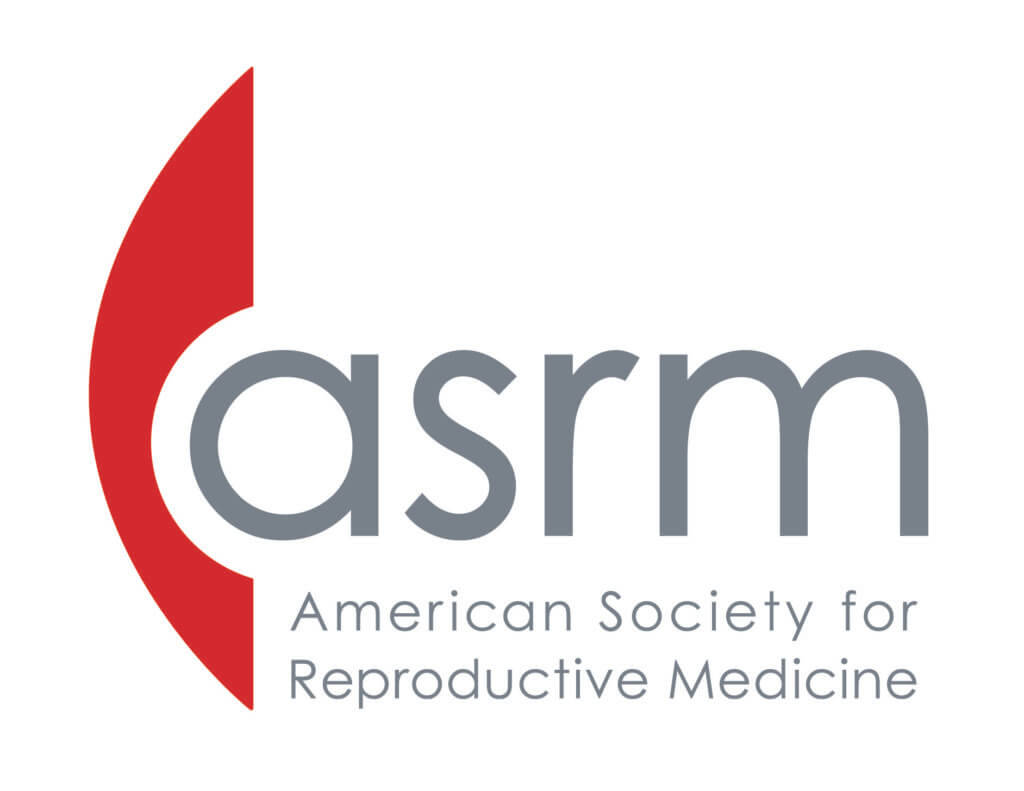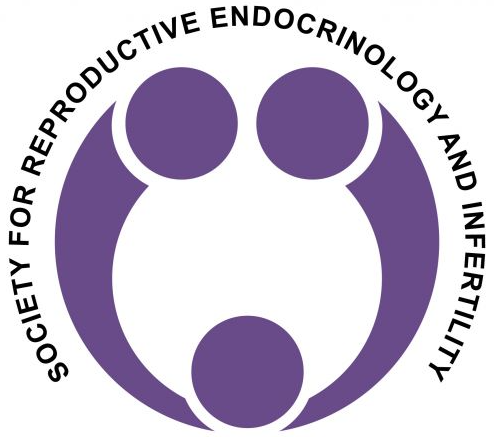Women with egg quality issues may still have the option of enjoying a pregnancy with the help of an egg donor. Those who have struggled with miscarriages or are not candidates for IVF due to age can pursue our donor egg program with the help of other women who are willing to donate their eggs.
This presents a wonderful opportunity for people who wish to share the gift of having a child. When using donor eggs, egg donor treatment is one of the most successful ART treatments.
Using donor eggs – Is this right for you?
In a donor egg program scenario, a fertile woman will supply eggs that can be fertilized in a laboratory with your partner’s sperm, using the techniques of in vitro fertilization (IVF). The resulting embryos will then be implanted into your uterus for you to carry the pregnancy to term.
Most fertility clinics in the United States offer the option of using donor eggs to women up to the age of natural menopause. Egg donation may be suggested in the following cases:
- You no longer have ovaries, but do have a hormonally responsive uterus
- Your eggs have been determined to be unsuitable or abnormal, as typically occurs with age, ovarian resistance, ovarian
failure, and poor ovarian reserve - You have poor embryo quality that has brought about repeated failures with IVF
- You carry a genetic disorder
About Our Egg Donors
Egg donors are between 21 and 33 years of age and are screened according to the FDA guidelines. Anonymous donors are paid for their services. Both anonymous and known donors are screened for personal, medical, psychiatric, and genetic (family) history. Our diverse pool of donors includes women with a multitude of ethnic, educational and physical characteristics.
The egg donation procedure involves the following steps after appropriate counseling:
- Donor selection and examinations: Donors are examined and screened for medical and genetic disorders. A donor will be offered to you based on desired qualities, such as hair color, eye color, and height.
- Synchronization of your menstrual cycle with the donor’s: This step occurs if you have ovaries and a cycle of your own. Both you and the donor will receive oral contraceptives; this allows cycle synchronization.
- The donor cycle: Your donor will undergo ovulation induction to stimulate her ovaries so that eggs can be retrieved. She will take stimulation medications for approximately 10 days, these medications promote egg growth.
- The recipient Cycle: After 2-4 weeks of contraceptives, you will be evaluated with ultrasound and a blood test to ensure your ovaries are suppressed. You will then take estrogen hormone replacement to prepare your uterus to receive an embryo. You may be given estrogen as a pill, skin patch, or injection, either in a fixed daily dose or a steadily increasing dose over 12 to 21 days. We will use ultrasound to see whether your uterine lining has reached the necessary thickness of 6 mm to 14 mm. When your donor is ready for an egg retrieval, you will also be started on progesterone replacement to support the pregnancy.
- Egg retrieval: When the egg maturity has been reached, the donor will then be scheduled for an egg retrieval.
- Insemination and fertilization: On the day of egg retrieval, your partner will be asked to provide a semen sample, or a sample from a licensed sperm bank will be thawed and processed for egg insemination.
- Embryo transfer: Once the eggs are fertilized, the resulting embryos will be assessed and chosen for transfer, as with any IVF procedure. The timing of the transfer is between three and six days after fertilization (most commonly 5 days).
- Hormonal supplementation during early pregnancy: You will be tested for pregnancy 9-11 days after transfer. If your pregnancy test is positive, you will continue the estrogen and progesterone supplementation until about 10 weeks of pregnancy. If the pregnancy test is negative, you will consult with your physician regarding the next treatment cycle.





